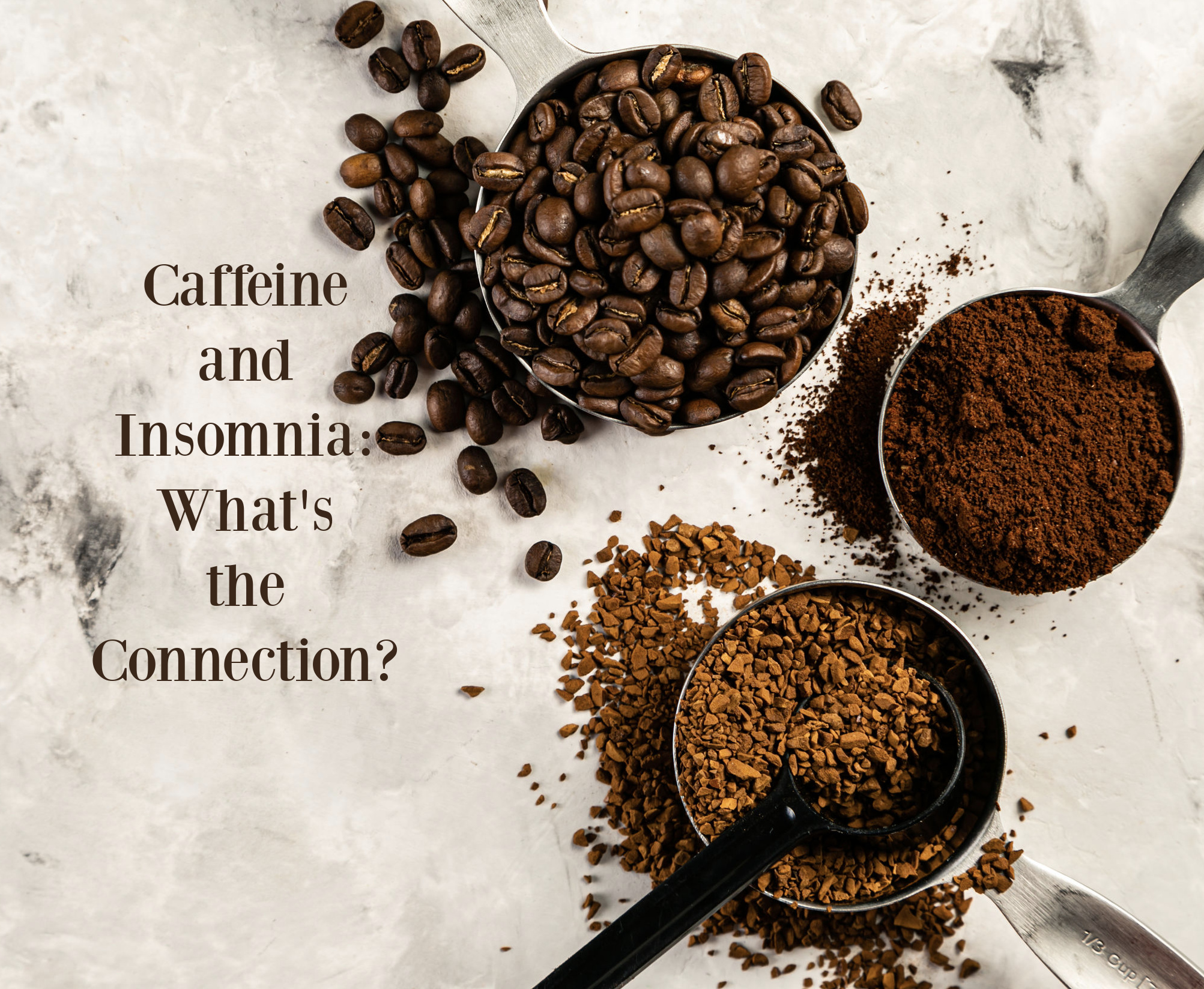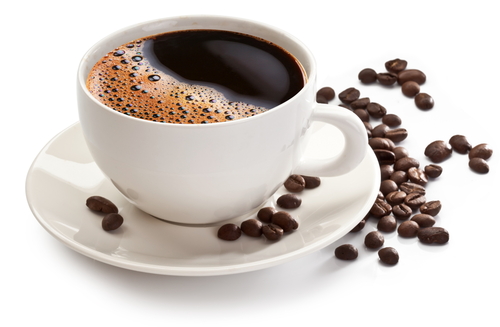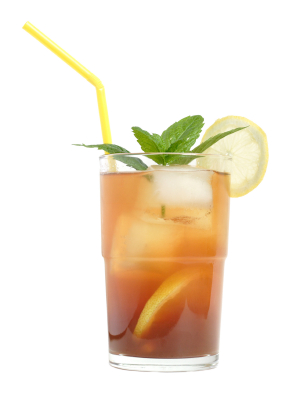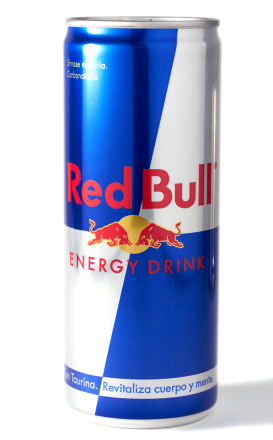Caffeine Side Effects
Does It Cause Insomnia?
Caffeine side effects vary with each person and are dependent on how much caffeine a person consumes during the day as well as how sensitive they are to caffeine. Many times people are unaware of how much caffeine they are actually taking in every day. If a person drinks two Diet Cokes that can be up to 94 mg of caffeine. Add a Grande Latte from Starbucks and you've just added another 150 mg of caffeine.
Caffeine is not just in your morning coffee. Many medications have caffeine in it as do soft drinks, teas, hot cocoas and treats with chocolate.
Did you know that people can become more sensitive to caffeine side effects as they get older?
When I was in college and not yet a coffee drinker I would drink coffee late at night when I needed to finish a paper or study for an exam. It did nothing for me to help keep me awake. Now if I have caffeine, the affects of it are stronger and stay with me longer. In my quest for making sleep a priority I've decided to eliminate all caffeine from my diet.
Caffeine and Insomnia
Caffeine is a central nervous system stimulant which is why one of the most common side effects of caffeine is disturbed sleep.
Many times I have shared a late lunch with friends who drank several glasses of iced tea only to report that they had trouble falling asleep that night. Another evening a friend of mine met me at our local coffee shop. The next day she told me she forgot to ask for decaf and had ordered a regular coffee. Normally a good sleeper, she didn't get to sleep until after 2:00 AM.
I only drink herbal teas because I find that I have become much more sensitive to the effects of caffeine. Even decaf coffee has some caffeine. Other drinks to avoid if you have problems with insomnia are sodas with caffeine, green and black teas, chocolate and hot cocoa.
Slow Metabolizer of Caffeine
Some people can't eliminate the effects of caffeine as quickly as others. According to Sara Gottfried, MD the author of Brain, Body Diet explains....
"over half of the population in the United States has the slow metabolism gene for caffeine, which means that drinking coffee can make you feel like a genius for two hours, followed by a jittery and sleepless mess. The gene is called CYP1A2, and I have the slow metabolism variant. That means I can occasionally have a cup of green tea or matcha in the morning, but not coffee."
Side Effects of Caffeine
Besides insomnia other side effects of caffeine are:
√ restlessness
√ jittery
√ anxiety
√ increased heart rate
√ irregular heart beat
√ increased blood pressure
√ increased tremors or shakiness
√ nervousness
√ urinating more often (dehydrates)
√ an irritated stomach
√ cause headaches
√ worsen lumpy breasts
√ decrease bone mass
It is often recommended that those with gastro esophageal reflux (GERD) and high blood pressure avoid caffeine or remove caffeine from their diet. My husband has GERD and the two drinks that affect his symptoms the most are those high in caffeine, coffee and Coke.
There is no nutritional need for caffeine. If you regularly consume caffeine but want to quit, it's better to cut back gradually. There are side effects to quitting cold turkey. They are headaches, fatigue, nausea and irritability.
Products with Caffeine
Sometimes people are not aware of caffeine in certain products and may not even know that a food, drink or medication may be giving them caffeine side effects such as insomnia or other sleep problems.
Although the amounts of caffeine are not listed here, all of these things are known to contain varying amounts of caffeine:
Coffees that are caffeinated range from 100 mg to 300 mg
Teas like black and green tea and iced tea range from 11 mg to 60 mg.
Soft Drinks like Coke, Diet Coke, Mountain Dew, Pepsi, Dr. Pepper range from 30 mg to 55 mg per drink.
Energy Drinks like Monster, Bull, Full Throttle and Vault range from 47 mg to 200 mg per drink.
Pain Relievers often contain caffeine to boost their
effectiveness by constricting blood vessels. Many of the Exedrin and
Bayer products contain up to 65 mg of caffeine as do medications for
menstrual pain like Midol.
Weight loss pills like Dexatrim and Natrol.
Cold Medicines may or may not have caffeine. Be sure to check the label.
If you struggle with insomnia choose caffeine free drinks like herbal teas and soft drinks like 7-Up, Sprite, or La Croix Sparkling Water. Stay away from decaf drinks as they still have caffeine in them.
Caffeine and Chocolate
Chocolate bars can have up to 30 mg in a single bar with dark chocolate. I have finally learned that as much as I love chocolate, I love sleep more. For me chocolate at night means a night of insomnia. If I'm going to have chocolate I have it at lunch time.
Chocolate also contains theobromine, a naturally occurring compound found in cacao. Stimulating effects like a racing heart can occur as well as other caffeine type side effects. The darker the chocolate the more it can interfere with your sleep.
Be aware that caffeine side effects include disrupted sleep. So if you are having sleep problems try eliminating all caffeine for a couple of weeks to see if your sleep is rewarded.


Get practical advice on how to fall asleep, stay asleep and to get deep sleep. It's free so sign up here:

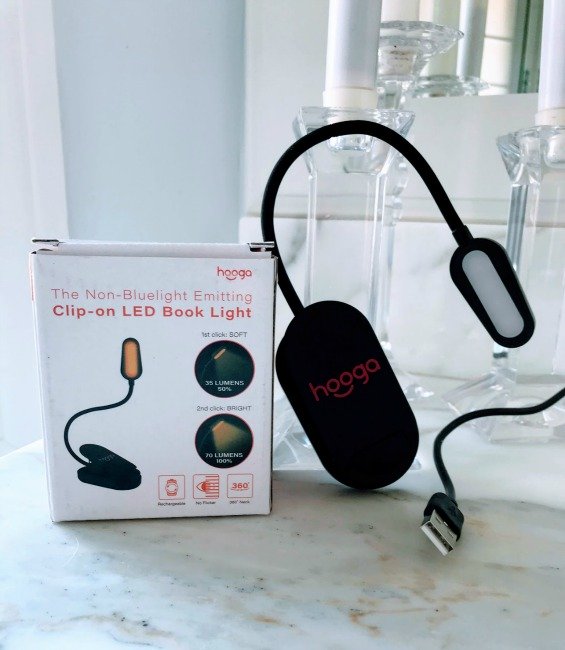


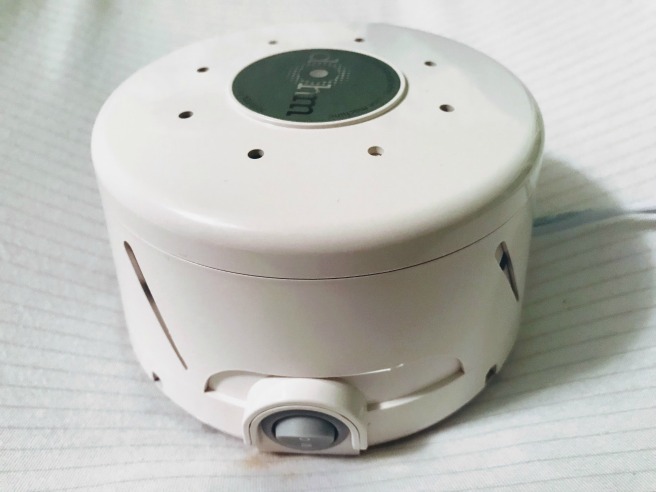

Ancient Minerals Goodnight Magnesium Lotion
Please note that while I do receive commissions from some of the things promoted on this site, I recommend them because I feel they would be of benefit to you.
Advertisers/Affiliates have been hand-picked so that only quality products are recommended. I have used them in my own life and share them with you because that's what friends do.
